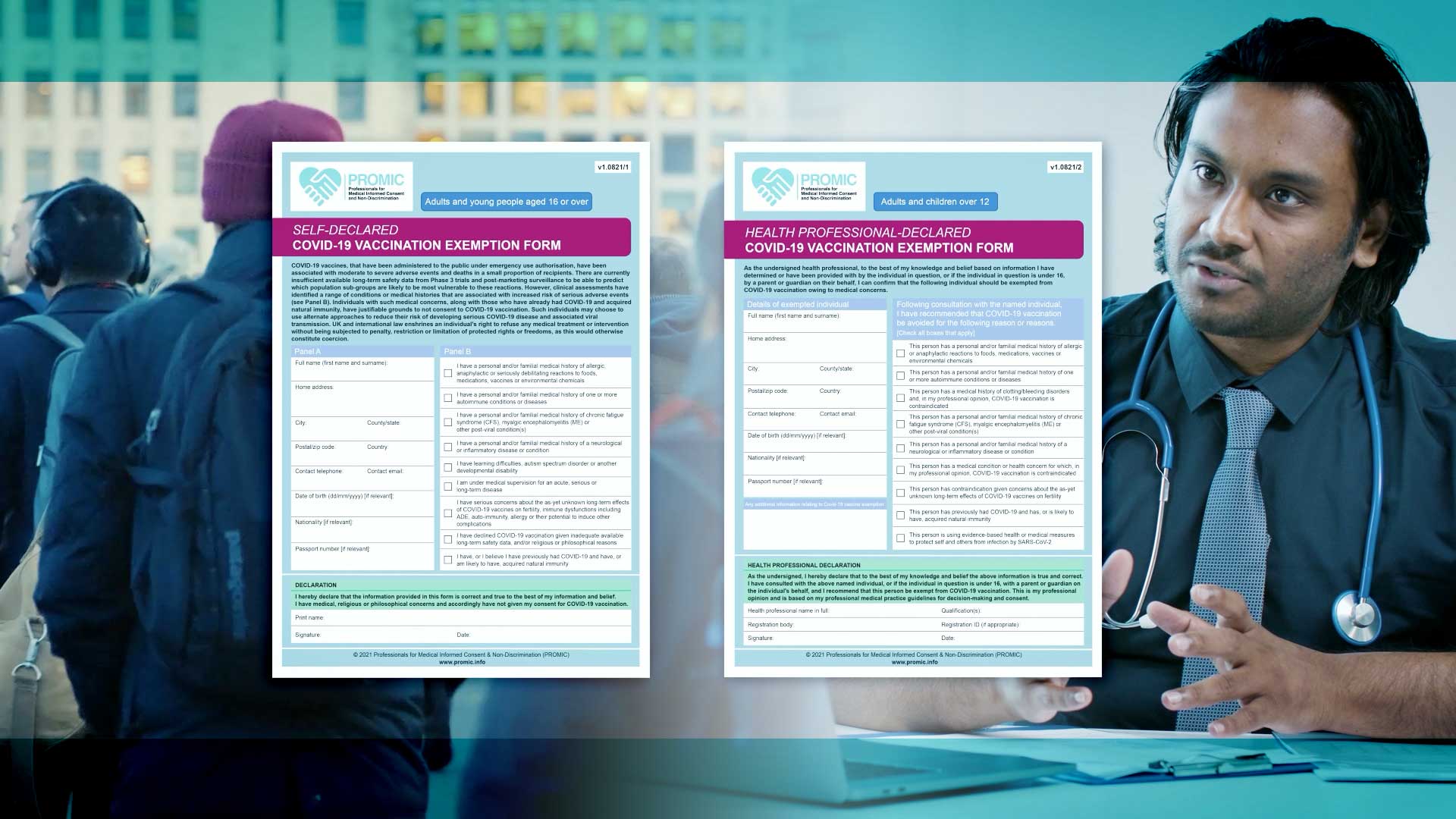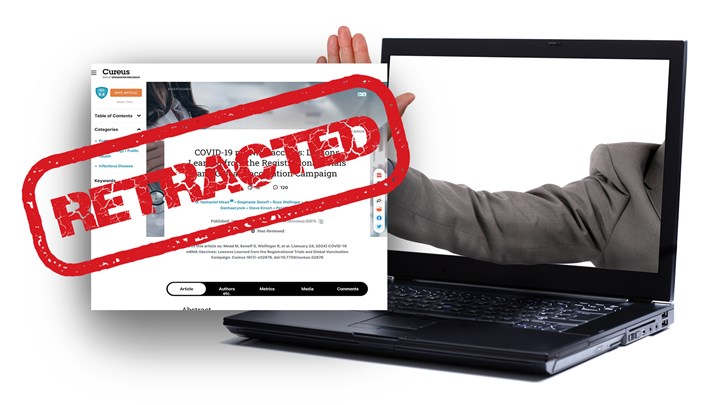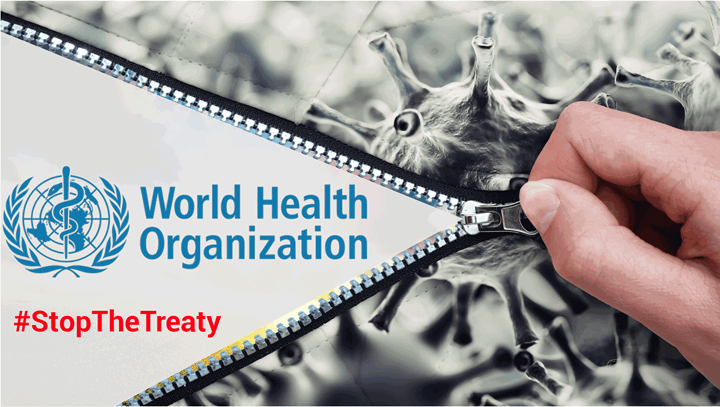Content Sections
Through our collaboration with the UK Medical Freedom Alliance, we have established an international umbrella organisation called PROMIC – Professionals for Medical Informed Consent and Non-Discrimination. The main purpose of PROMIC is to develop and provide a portal for downloading printable ‘exemption forms’ with editable data fields that provide third parties with reasons for an individual’s decision to not choose COVID-19 injections.
What the forms are and are not
What the forms aim to do is facilitate a more standardised and streamlined way of helping those who’ve decided to not receive COVID-19 injections from communicating their exemption. This includes the significant numbers of people who have medical, but perhaps also philosophical or religious, concerns over administration of the new-generation, generally experimental, COVID-19 injections. These people are simply choosing to exercise their right to medical informed consent and hope to avoid discrimination because of their choice.
The health professional-declared exemption form is likely to carry more weight with some institutions, venues or businesses than the self-declared one – especially if signed off by a medical doctor. The form is designed to make the process for busy health professionals simple and quick, based on a prior knowledge of a person’s case history, circumstances and views.
The exemption forms aren’t any kind of magic wand. They don’t give any guarantee that someone with an exemption will be offered the same freedoms and entitlements as someone who’s been vaccinated. That’s made clear in the disclaimer on the Exemption Forms page of the PROMIC website.
They are nothing more than a vehicle for communicating a person’s choice over the covid-19 jabs, and they may help to open the eyes of some businesses and institutions which are as yet not aware of the right to medical informed consent or the potential discriminatory effects of their actions.
Self- or health professional-declared exemptions
For launch this week, there are just two forms: one for self-declared exemptions (as allowed for by the UK government and the NHS Covid Pass), the other for health-professional-declared exemptions – both in the English language. A form for children under the age of 16 is in development and multi-lingual translations are in process. These will be uploaded to the PROMIC site as soon as they are ready.
Given the extreme pressure health professionals and especially medical doctors are under to fall in line with the global mass ‘vaccination’ program or otherwise face retribution often including de-registration – the PROMIC website deliberately does not identify individuals.
You can find out more about PROMIC and the forms from the PROMIC information video below that also takes you through how to use the self-declared and health professional-declared forms.
Please share widely with those you think might benefit from these forms. PROMIC aims to collect experiential data from the public – with the aim of documenting both positive and negative experiences.
Note: You will see an advertising banner beneath our videos that play off the Brighteon platform (when they are not maximised). This advertising helps support the Brighteon platform that doesn't charge subscribers for their content, is committed to free speech, yet is also respectful of copyright-related law. We'd like to clarify that no advertising revenue from Brighteon is received by the Alliance for Natural Health Intl.
Video transcript
You may have decided having a COVID-19 injection is not for you. You may have a genuine medical concern and your doctor or health professional has advised against having the injection. You might have a history of allergy or sensitivity, an autoimmune or neurological disease. Or you might just have a philosophical or religious reason for not consenting.
PROMIC – in long form, Professionals for Medical Informed Consent and Non-Discrimination – is a new umbrella organisation founded by two non-profits, the Alliance for Natural Health International and the UK Medical Freedom Alliance. Its sole purpose is to be a portal that provides downloadable forms, with digitally editable fields, that makes it easy for people to communicate their exemption with others.
We’re formally launching on the 25th of August 2021 with just two forms in the English language, one that is for self-declared exemptions for those 16 or over, the other for health-professional declared exemptions. We’ll soon have a form for the under-16s.
We’re in the process of getting the forms translated into a number of other languages and these will be made available as soon as they’re ready.
Let’s look at each form in turn.
The self-declared form gives anyone you give the form to a bit a preamble explaining why some people need exemptions. It also reminds the reader that informed medical consent or freedom to choose medical treatments is a protected right in most parts of the world and should be respected. People shouldn’t be coerced into having treatments of any kind or face stigmatisation, discrimination or any kind retribution for the medical choice they make.
The three parts of the form that need to be filled out are in white. Panel A includes your own details that you can choose to give as much or as little as you want, depending on where you intend to use the form or how much data you want to share. Panel B is the key part – and you simply need to put a tick into whichever box applies. Then print your name, sign and date the form – and it’s ready to go.
On the PROMIC website - there’s a disclaimer put together by our legal team, that reminds you that expressing your exemption won’t give you a magic wand that necessarily gives an unvaccinated person the same rights as someone who’s been vaccinated. But in most parts of the world that have yet to legally mandate COVID-19 so-called vaccines, citizens have every right to not consent and not then not have their freedoms limited as a result.
The second form is one that’s declared by a health professional. The health professional can be any health professional that’s had a consultation with you and is familiar with your history and circumstances. In most cases, sign-off by a medical doctor, such as a general practitioner or family physician, is likely to have the most impact with third parties like institutions, venues or other businesses. This form is designed to make life easier for you – just like the self-declared form - but it’s also to make things easier for busy health professionals.
Again, on the left side, there’s a panel for your personal details that you can provide as much as you feel necessary. You may also find it useful to carry some additional form of identity in case the venue or business you’re communicating your exemption to wants to check your ID against the form. The panel to the right is again another tick box exercise – but this time one for your health professional who knows your circumstances.
Finally – at the bottom – it’s their turn to sign off, with details including their qualifications, registration body and signature.
If you have the option of using either form – you’ll probably find that the health professional declared form carries more weight, especially if signed off by a medical doctor. But the reality is many governments – including the UK government at present – recognise the right to self-declared exemptions.
We hope you find the exemptions forms useful, and please come back to the site soon as we upload more forms. Please get the word out to those you think might also find them helpful.
Finally – we’d love to hear your experiences with the forms – both good and bad. Please email us at [email protected].
Should you experience discrimination as a result of expressing your exemption, we may be able to help direct you to legal specialists who are working to protect our freedom to choose medical treatments without fear of reprisals or limitation of our protected rights.
>>> Back to Covid Adapt Don’t’ Fight campaign
>>> Become a pathfinder member of ANH-Intl and get access to extra content
>>> Back to homepage








Comments
your voice counts
There are currently no comments on this post.
Your voice counts
We welcome your comments and are very interested in your point of view, but we ask that you keep them relevant to the article, that they be civil and without commercial links. All comments are moderated prior to being published. We reserve the right to edit or not publish comments that we consider abusive or offensive.
There is extra content here from a third party provider. You will be unable to see this content unless you agree to allow Content Cookies. Cookie Preferences